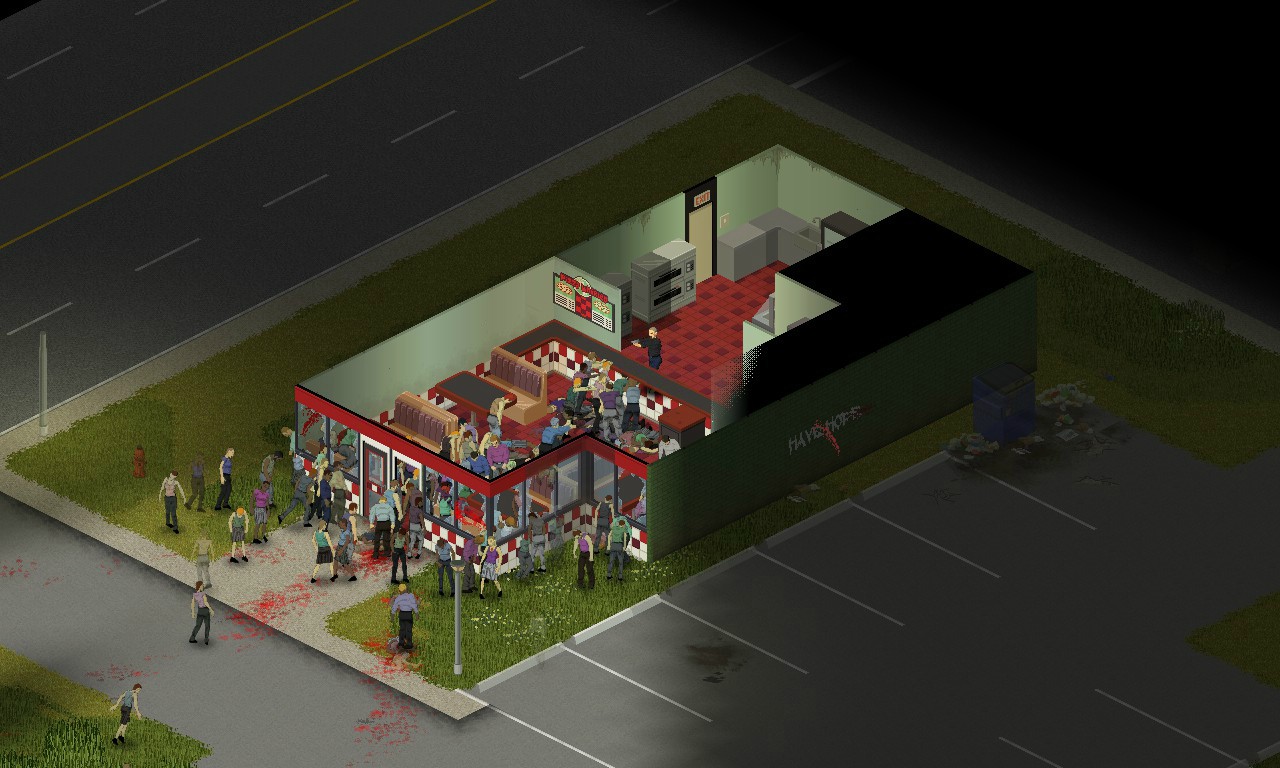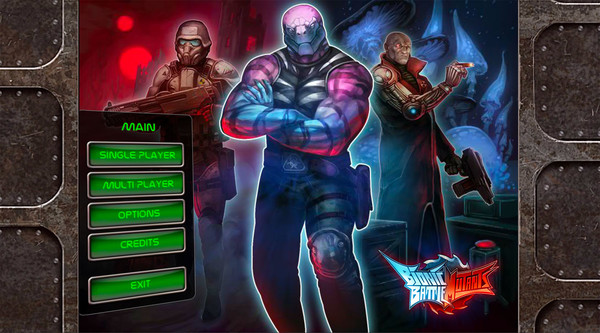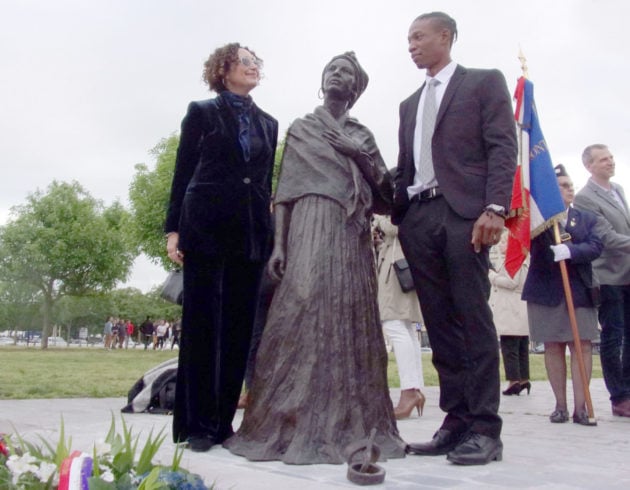I will admit it. I sometimes get tired watching another trailer for another zombie game. Never mind the fake ads, there is no lack of indie game development around the genre. Something obviously works in zombie games that still captivates the imagination of game developers. Gamers continue to play zombie games. I recently had a zombie game idea but wondered what if I adopt the success factors of zombie games and use them in other genres. Here, I explore the attraction of the zombie theme, and how to extract the good parts for other ideas.
Why are there so many zombie games?

I am also guilty for often having zombie games. Heck, I even wrote and published one! And I also admit that one of my favorite novels of all time is Max Brook’s World War Z (the Brad Pitt movie was okay to me but not in my list of favorites).
For a while, forums have people asking the same question why. To zombie fans, this is a welcoming. However having too many zombie games would eventually serve little to both gamers and game developers. For the gamer, it could result in theme fatigue which I suspect they won’t realize it until it hits. As for game developers, it would be the challenge of differentiating from the sea of other zombie games.
Zombie games still have a place in the market. There is always a place for the sophisticated zombie plot to the very mindless (pun intended) zombie casual game. However, let’s see if we can incorporate success elements of zombie games into something else.
Extracting the key elements of zombie games
We first begin by observing what makes zombie themes attractive. One thing is that little introduction needs to be made. Zombie lore has been well-known throughout mankind from primitive societies to advanced ones. Gamers who find zombie games do not need to go far to understand what is happening. Game developers who adopt the zombie theme also do not need to explain too much. They’ll just need to incorporate the undying (another pun) theme into their game and focus on mechanics, graphics and game play.
While a real life zombie outbreak is unrealistic, a global virus infection is always possible. In fact, one is happening right now in the form of the COVID-19 global pandemic. The frightening demonstration of how quickly a virus can infect entire cities quickly adds realism to zombie themes. As such, gamers can relate to the catastrophic implications that zombie stories thrive on. Yet another leverage for a zombie game.

In plot development, zombie stories focus on survivors. Survivor stories thrive on emotional themes like violence, horror, drama and even humor. Gore and even funny pixelated graphics can fulfill horror requirements. Moral situations in zombie games can cater to the drama aspect. Humor can be intelligently crafted dialogue or as cover ups for bugs or poor game design.
Zombie games offer a unique excuse to commit mass obliteration of human-like beings without the guilt of taking away innocent lives.
We can use these non-exhaustive ideas for game ideas. We can depart from yet another zombie story but into something else that may better differentiate us from the horde.
Incorporating key elements into a different theme
An immediate theme that comes to mind is about aliens. Alien stories are a dime in a dozen, but probably not so overused like zombies. An advantage about aliens is that they can be of any form, whether humanoid or not. If you require your player to be mowing down more human-like beings, simply invent one as an alien. You don’t even have to use the Oswald alien form. An alien can look very human-like with some slightly odd feature that distinguishes themselves from the human race (think Klingon. Yes, and give them an altogether different language too). Gamers can easily accept that they are gunning down creatures that look like humans, but are not human. You can even make some crab-like humanoid and turns into a delicious chilli crab dish upon death. I did mention that one of the successes of zombie flicks is slapstick humor, right?

Before the successful space strategy classic called Starcraft, its predecessor was Warcraft (both by Blizzard Entertainment – not indie). Both games included humanoid races that were not humans. Aliens for Starcraft and orcs, elves and other mythical beings for Warcraft. This satisfies gamer interaction with humanoid beings. Gamer actions around violence, horror, drama and humor (Warcraft: “Stop poking me!”) can be applied to these characters. You can therefore do the same for your non-zombie game too.
One more theme that you can use are mutants. Not quite the X-Men type but the one that leans closer to zombie lore and horror. Think not only about Will Smith’s I Am Legend (2007) but also the original I Am Legend novel by Richard Matheson. In the novel, the antagonist beings were not mutants but vampires. In both cases, the antagonist creatures were at one point human beings that turned into something else. This mutant/vampire theme is probably the zombie alternative that we have not grown tired about yet.

But you are still in the middle of making your zombie game
If you are in the middle of a zombie-themed project, I’d personally prefer that you complete it first. I wrote about the struggle and importance of completing a project.
Alternatively, depending on how far in you are in the project, you can consider switching themes without altering too much of the game. It may just be about changing the graphics, models and sounds. You may also want to tweak some enemy AI decision trees. Talk with your team or another fellow game developer friend on how you can make feasible adjustments.
Again, if it does not make sense in altering your current project, please finish that zombie game first. Consider a non-zombie game with the above key points for the next project.
A social and historical awareness
Finally, I thought I’d end with exploring the real origins of the zombie theme. The truth is sadder than frightening.
The zombie lore that pop culture is familiar with is based on George A. Romero‘s Night of the Living Dead (1968) and later Dawn of the Dead (1978). Every pop culture that happened since had come from the Romero definition. However, the origins of the zombie story had nothing to do with virus infections, voodoo or brain eating corpses.
In the 17th and 18th centuries, Haitian slaves were made to work on sugar plantations. Conditions were brutal and many slaves worked to death. Many seeked suicide and have their souls released to the afterlife. However, they also believed that suicide would damn them to an undead existence in the Hispaniola plantations. This is where the idea of a soulless zombie came to fruition – being trapped in a body that they are now denied from.

The zombie lore that we have today sweeps the atrocities of the Haitian slavery under the rugs of pop culture. While the actual oppressors are dead (many were killed when the slaves revolted in the historical Haitian Revolution), let’s remember that their descendants today are not the same people. People today are generally against slavery. After the abolition of slavery, much work and healing took place to mend the brokenness that were created by the trade. I hope that this little piece about the zombie theme in indie games help us remember human atrocities that we must ensure to never happen again. Sadly, modern day slavery still happens today although in different forms. We must continue our fight against it.
The Atlantic wrote a comprehensive piece about the Haitian slavery. You may access the article here.
I also hope to convey my condolences to those who had suffered and lost in the COVID-19 pandemic. It is not a situation to take lightly. I wish everyone the best in keeping safe and healthy. Together and collectively, with determination and personal responsibility, we can overcome the crisis around the world.
Image credits: Rocketcat Games (featured image of this post is from the game Death Road To Canada)
